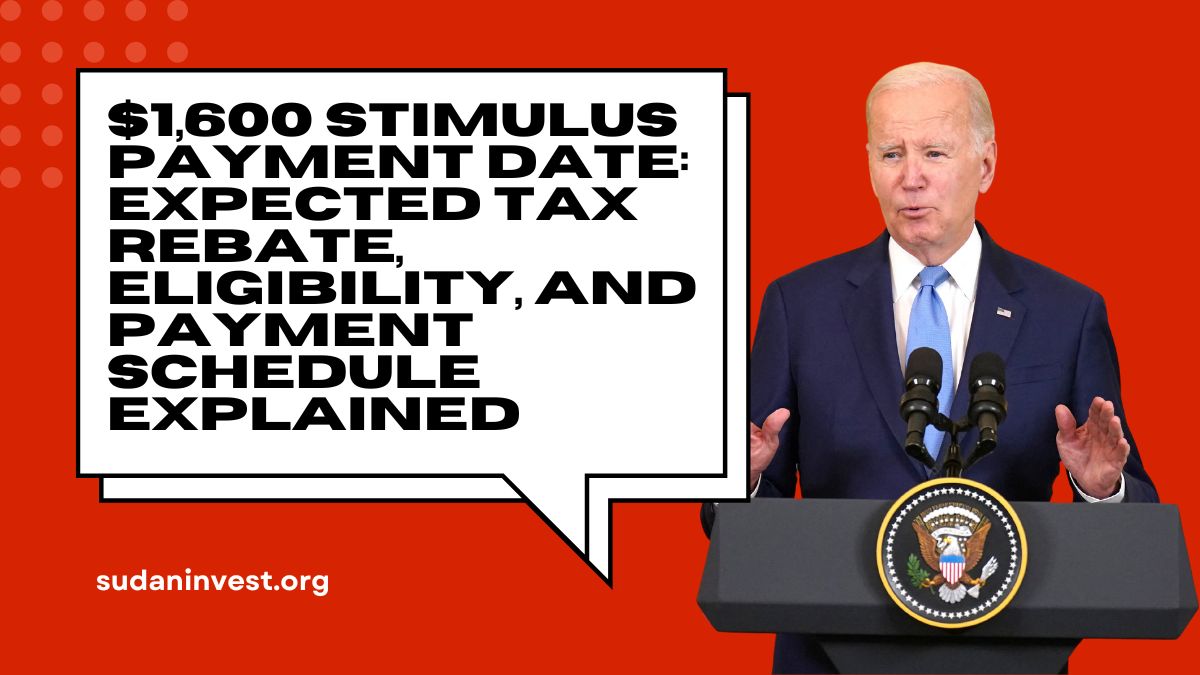Planning for retirement is crucial, especially when estimating how much Social Security benefit you will receive based on your annual salary. If you earn a salary of $25,000, it’s important to understand how this will impact your Social Security benefits.
This article will break down the calculations, provide insight into how benefits are determined, and offer strategies to maximize your Social Security payments.
How Are Social Security Benefits Calculated?
Social Security benefits are calculated based on your average indexed monthly earnings (AIME) over your highest-earning 35 years. The Social Security Administration (SSA) then applies a formula to these earnings to calculate your Primary Insurance Amount (PIA), which is the base amount you’ll receive at full retirement age (FRA).
For a $25,000 salary, the following steps outline the basic calculation:
- AIME Calculation: Your annual income is divided by 12 to find your monthly earnings. If you earned $25,000 consistently for 35 years, this amount will be averaged to determine your AIME.
- Benefit Formula: The SSA uses a formula that applies different percentages to portions of your AIME:
- 90% of the first $1,174 of AIME
- 32% of AIME between $1,174 and $7,078
- 15% of AIME above $7,078
- Full Retirement Age (FRA): The FRA is 66 or 67, depending on your birth year. If you claim benefits before reaching your FRA, your benefits will be reduced.

Estimated Social Security Monthly Benefits for $25,000 Salary
Here’s an estimated breakdown of what you could expect in monthly benefits based on your earnings and when you choose to start receiving benefits.
| Retirement Age | Estimated Monthly Benefit |
|---|---|
| Age 62 | $1,020 |
| Age 66 | $1,428 |
| Age 70 | $1,886 |
Note: These estimates assume no additional income beyond the $25,000 annual salary.
Impact of Early vs. Delayed Retirement
- Early Retirement: If you decide to start receiving benefits at age 62, your monthly benefits will be permanently reduced by up to 30%. This reduction is applied because you’re claiming benefits before your FRA.
- Delayed Retirement: If you delay receiving benefits until age 70, your monthly benefits increase due to delayed retirement credits, which add about 8% per year to your benefit for each year you wait past your FRA.
Cost of Living Adjustments (COLA)
Social Security benefits are adjusted annually for inflation, known as the Cost of Living Adjustment (COLA). In 2024, beneficiaries will receive a 3.2% COLA increase, following an 8.7% increase in 2023. This adjustment helps maintain the purchasing power of Social Security benefits over time.
Maximizing Your Social Security Benefits
- Work Longer: Continuing to work and increasing your earnings can replace lower-earning years in the 35-year calculation, boosting your AIME and, consequently, your benefits.
- Delay Claiming: Waiting until age 70 can significantly increase your monthly benefit.
- Coordinate with Spouse: If you’re married, coordinating your benefits can maximize household income. Spousal benefits allow one spouse to receive up to 50% of the other’s PIA if claimed at full retirement age.

Factors Affecting Your Benefits
- Earnings History: Your lifetime earnings, adjusted for inflation, are crucial in determining your benefit.
- Retirement Age: Claiming before or after FRA significantly affects the monthly amount.
- Work During Retirement: If you work while receiving benefits before FRA, your benefits may be temporarily reduced.
Understanding how your $25,000 salary affects your Social Security benefits is essential for effective retirement planning. While the benefits may not be substantial, there are strategies to maximize your payout, such as working longer, delaying benefits, and understanding how spousal benefits work. By planning ahead and considering all factors, you can ensure a more secure financial future.
FAQs
Can I receive Social Security benefits if I only worked part-time and earned $25,000 annually?
Yes, you can still receive benefits as long as you’ve earned enough work credits, which generally requires at least 10 years of work. Your benefit amount will be based on your 35 highest-earning years.
What happens if I start receiving benefits before my full retirement age?
Your benefits will be permanently reduced. The reduction is approximately 5/9 of 1% for each month before FRA, up to 36 months, and 5/12 of 1% for any additional months.
Will my benefits increase if I continue to work after claiming Social Security?
Yes, if your current earnings are higher than those in any of the previous 35 highest-earning years used to calculate your benefit, your benefit will be recalculated and increased.
How is the Cost of Living Adjustment (COLA) determined?
COLA is based on the Consumer Price Index for Urban Wage Earners and Clerical Workers (CPI-W). It is designed to keep benefits in line with inflation.
Can I claim both my own and my spouse’s benefits?
No, you can only claim one at a time. However, you can switch between them, for example, starting with a spousal benefit and later switching to your own higher benefit.
















